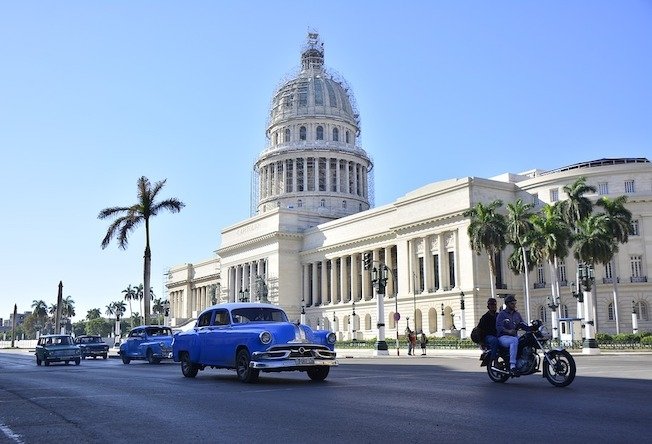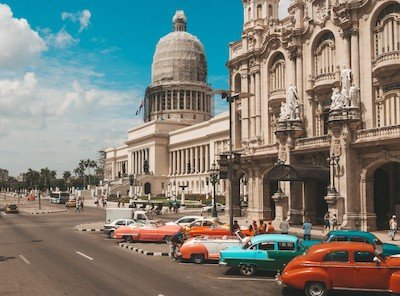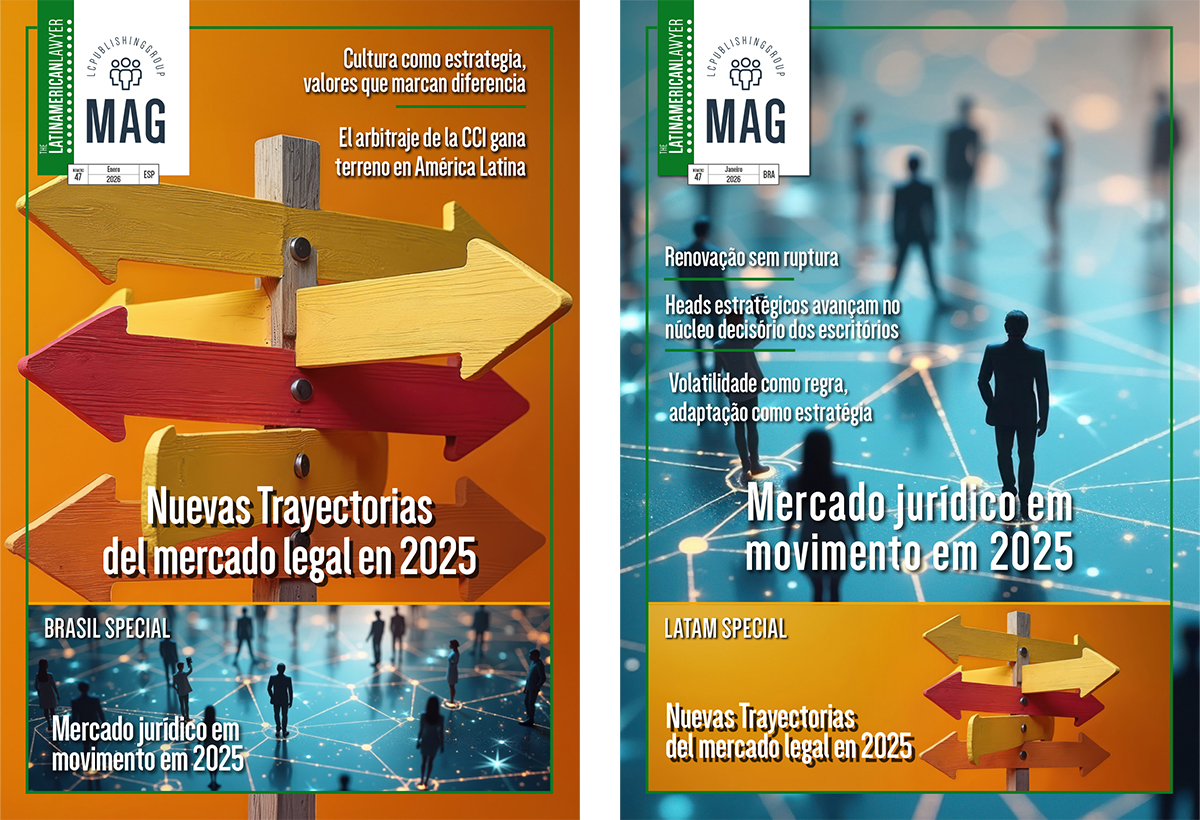US mulls returning Cuba to terrorism blacklist

The US government is considering returning Cuba to its list of countries considered to be state sponsors of terrorism, according to a source in the President Donald Trump administration.
 A senior Trump administration official told Reuters that there is a “convincing case” that Cuba should be placed back on the US blacklist, in part because of its continued backing of Venezuelan President Nicolás Maduro, and the refuge it gives to leaders of Colombia’s left-wing guerrila national liberation army (ELN), the official said on condition of anonymity.
A senior Trump administration official told Reuters that there is a “convincing case” that Cuba should be placed back on the US blacklist, in part because of its continued backing of Venezuelan President Nicolás Maduro, and the refuge it gives to leaders of Colombia’s left-wing guerrila national liberation army (ELN), the official said on condition of anonymity.
Cuba was removed from the list by President Barack Obama in 2015, and whose administration engineered a rekindling of ties with the island, which included a visit by Obama to Havana (pictured).
In what could be a first step to putting Cuba back on the list of countres that sponsor terrorism, on Wednesday the US Department of State notified Congress that Iran, North Korea, Syria, Venezuela and Cuba had been certified under Section 40A(a) of the Arms Export Control Act as “not cooperating fully” with US counterterrorism efforts in 2019.
On Cuba’s certification of non-cooperation with the US, the Department of State said, “Members of the ELN, who travelled to Havana to conduct peace talks with the Colombian government in 2017, remained in Cuba in 2019. Citing peace negotiation protocols, Cuba refused Colombia’s request to extradite ten ELN leaders living in Havana after the group claimed responsibility for the January 2019 bombing of a Bogotá police academy that killed 22 people and injured more than 60 others.”
“As the United States maintains an enduring security partnership with Colombia and shares with Colombia the important counterterrorism objective of combating organizations like the ELN, Cuba’s refusal to productively engage with the Colombian government demonstrates that it is not cooperating with US work to support Colombia’s efforts to secure a just and lasting peace, security, and opportunity for its people,” the statement reads.
In response to the certification, Cuba’s Foreign Ministry issued a statement, saying, “The government of Cuba reiterates that our national territory has never, and will never, be used to harbor terrorists of any origin, nor to organize, finance or perpetrate acts of terrorism against any country in the world, including the United States. Likewise, it rejects and unequivocally condemns any act of terrorism, in any place, under any circumstances and for any reason whatsoever.”
“It is the government of the United States that uses state terrorism as a weapon against countries that oppose its domination, uses reprehensible methods such as torture and employs advanced military technology, including drones, to extrajudicially execute alleged terrorists, including United States citizens, and has also caused numerous deaths of innocent members of the civilian population,” the foreign ministry said, according to state-run newspaper Granma.
Regarding Venezuela, the statement reads, “in 2019, Maduro and members of his former regime in Venezuela continued to provide permissive environments for terrorists in the region to maintain a presence. While Maduro was not the recognized President of Venezuela during this period, his control within Venezuela effectively precluded cooperation with the United States on counterterrorism efforts. Individuals linked to Revolutionary Armed Forces of Colombia (FARC) dissidents (who remain committed to terrorism notwithstanding the peace accord) and the National Liberation Army (ELN) were present in the country.”
“The US Department of Justice has criminally charged Maduro and certain other former regime members with running a narco-terrorism partnership with the FARC for the past 20 years.”
Cuba Linda, a French organisation set up in solidarity with Cuba, described the alleged consideration by the US to put Cuba back on the list of countries that are state sponsors of terrorism as “cynical”.















